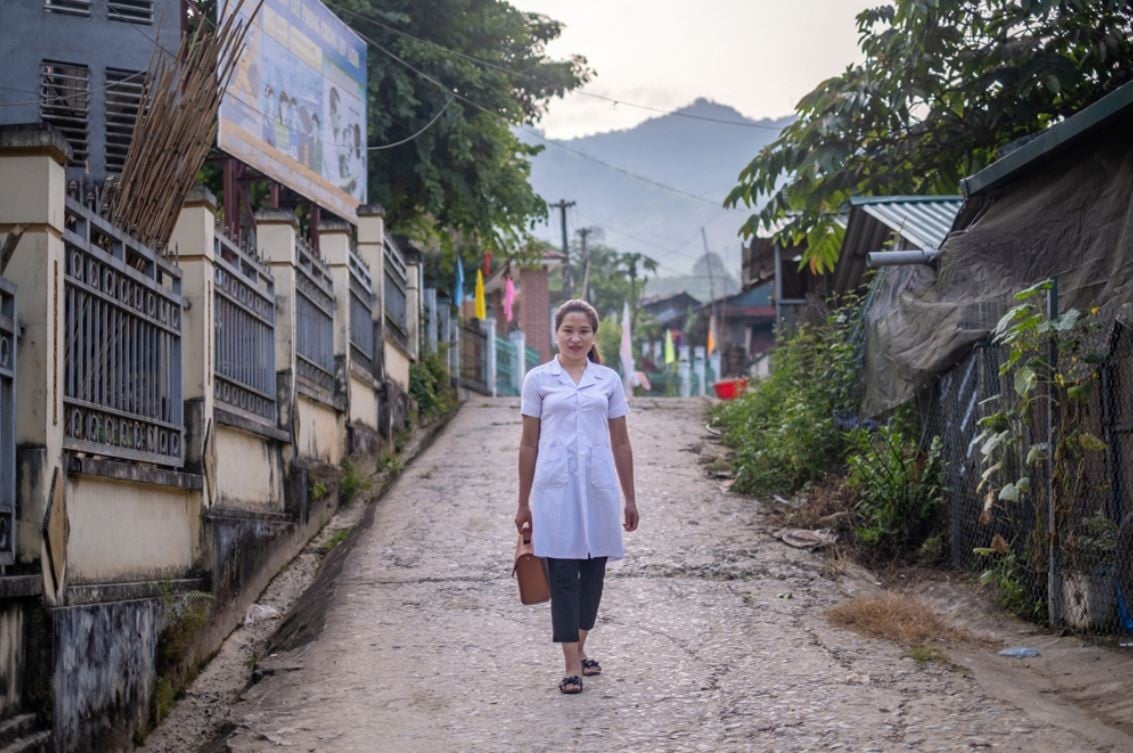 |
| Medical worker Ly Thi Nhieu at Pa U Commune Health Center, Muong Te District, Lai Chau Province. (Source: WHO) |
In a recent video address in Lai Chau on World Malaria Day (April 25), WHO Representative in Vietnam, Dr. Angela Pratt, highlighted Vietnam’s significant achievements in malaria control over the past 30 years, and called for continued focus on “finishing the job” so that Vietnam can achieve its malaria-free goal.
On this year’s World Malaria Day, with the theme “Time to be malaria-free: invest, innovate, deliver”, Dr Pratt said Vietnam has much to celebrate on the occasion: “Thirty years ago, Vietnam recorded more than a million cases of malaria each year. By last year, that number had dropped to 455. This is truly a remarkable achievement.”
According to the WHO Representative in Vietnam, this success is thanks to the strong and decisive leadership of all levels of government, including the National Malaria Control Program, which has been supported and funded by the Government since its establishment in the early 1990s.
Vietnam has a strong malaria prevention and control system covering the three regions of North, Central and South. Each region has an Institute of Malaria, Parasitology and Entomology that coordinates effectively with provincial, district and commune focal points.
In addition, the Government of Vietnam has adopted a successful multi-sectoral approach. This includes the Military Medical Department of the Vietnam People's Army playing a key role in the fight against malaria in border areas.
In his speech, Dr. Pratt also emphasized the important contributions of dedicated local health workers.
According to her, Vietnam has a complete network of health workers - people like Ly Thi Nhieu, who works at the Pa U commune health station in Lai Chau. As the acting station chief, Ly Thi Nhieu is on duty 24/7 and ready to respond to a variety of needs, from malaria to midwifery and routine vaccinations as well as HIV prevention.
In her malaria prevention work, every month, Ms. Ly Thi Nhieu visits villages to conduct direct testing. Each trip takes her at least three hours by motorbike.
“It is this level of dedication, coupled with national and regional support, that is key to achieving the goal of malaria-free Vietnam,” emphasized the WHO Representative in Vietnam.
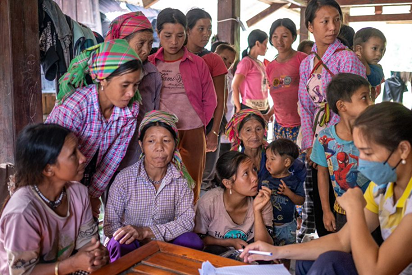 |
| Health worker Ly Thi Nhieu is collecting rapid malaria test data from villagers. (Source: WHO) |
Vietnam has also received enthusiastic support from various donors, including the Global Fund, the US President's Malaria Initiative and the Bill & Melinda Gates Foundation.
However, Dr Pratt also said that malaria is still transmitted in some remote and rugged areas in Vietnam, such as in forests and in some labor-intensive industries that require frequent movement such as mining and forestry.
“We cannot be complacent when Vietnam has recorded 116 malaria cases from October to December 2022, an increase of 21% compared to the same period in 2021,” noted the WHO Representative in Vietnam. “Although Vietnam has come very close to eliminating malaria, the last leg of any marathon is almost always the hardest.
To achieve the goal of malaria elimination in Vietnam, we must increase collective efforts to reach the highest risk groups such as forest rangers with prevention, diagnosis, and treatment measures.”
Over the years, WHO Vietnam has always appreciated close cooperation with domestic and regional partners, together with the Ministry of Health.
“We must all really do our part in the coming years to make sure we stay focused on reaching the most remote and hard-to-reach communities,” Ms Pratt urged. “Together, we can win this historic battle and achieve the goal of malaria-free Vietnam.”
Source



![[Photo] National Assembly Chairman Tran Thanh Man attends the Policy Forum on Science, Technology, Innovation and Digital Transformation](https://vstatic.vietnam.vn/vietnam/resource/IMAGE/2025/4/13/c0aec4d2b3ee45adb4c2a769796be1fd)
![[Photo] Prime Minister Pham Minh Chinh chairs the Government's special meeting on law-making in April](https://vstatic.vietnam.vn/vietnam/resource/IMAGE/2025/4/13/8b2071d47adc4c22ac3a9534d12ddc17)


![[Photo] National Assembly Chairman Tran Thanh Man attends the ceremony to celebrate the 1015th anniversary of King Ly Thai To's coronation](https://vstatic.vietnam.vn/vietnam/resource/IMAGE/2025/4/13/6d642c7b8ab34ccc8c769a9ebc02346b)


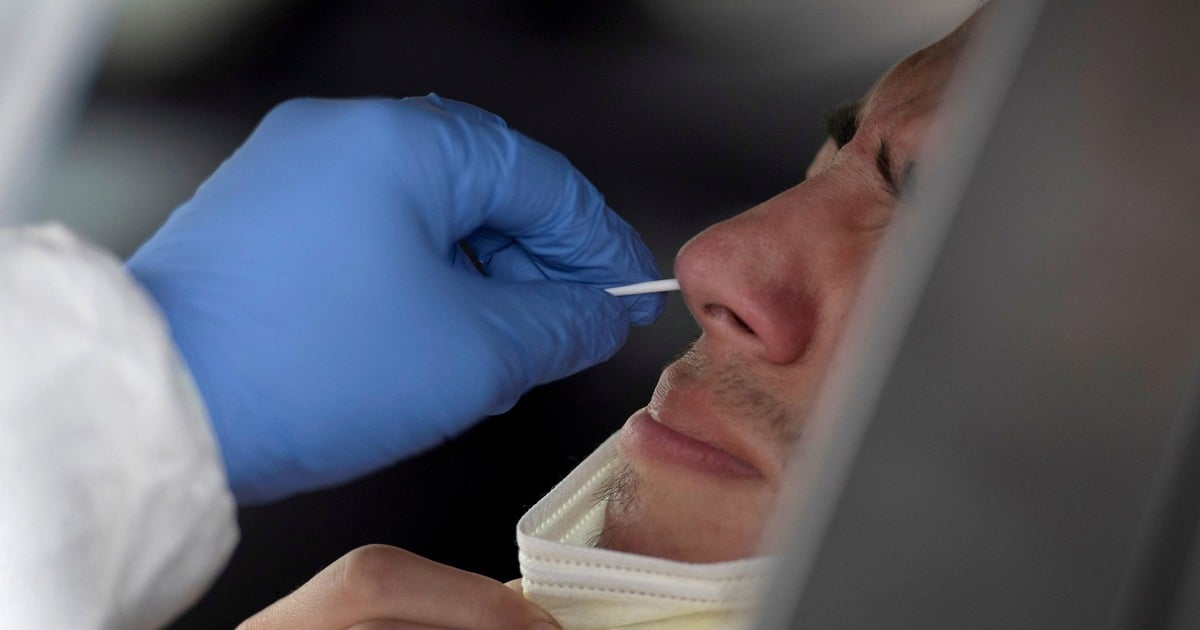



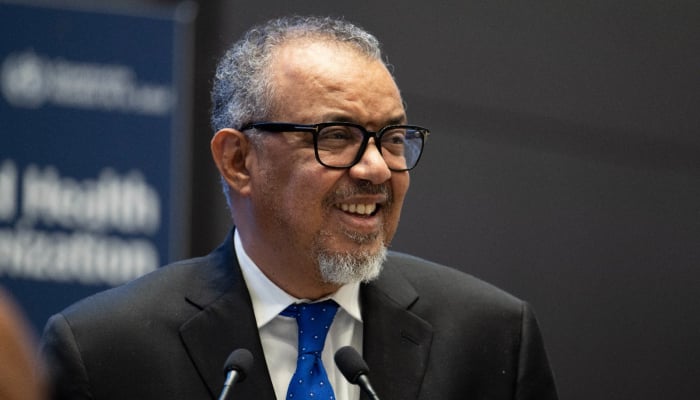
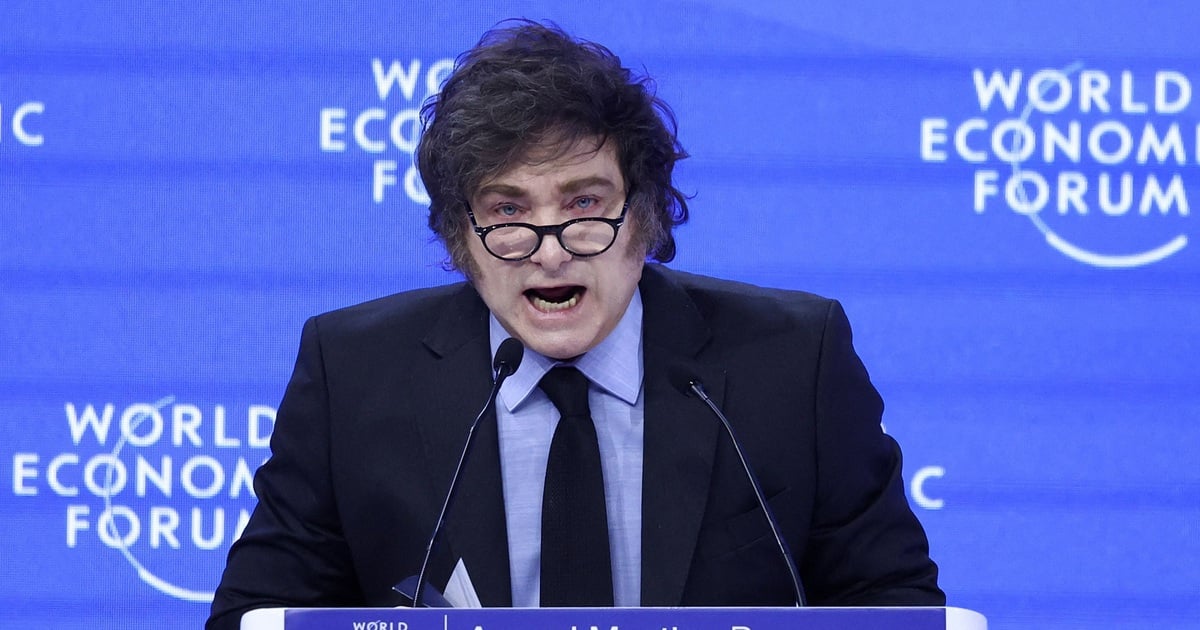



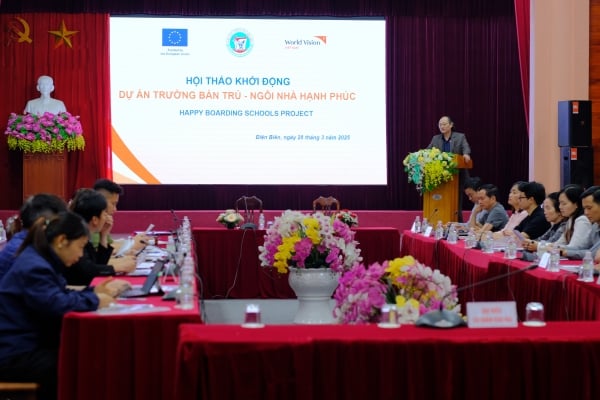
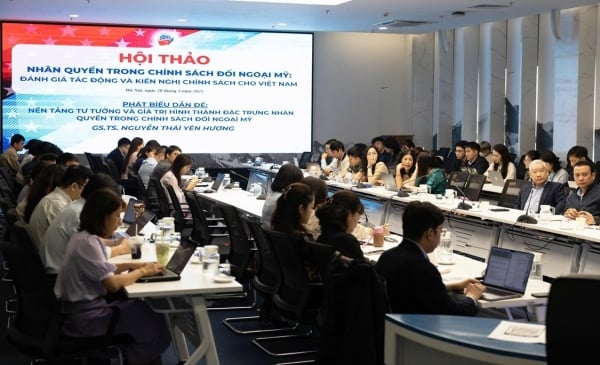




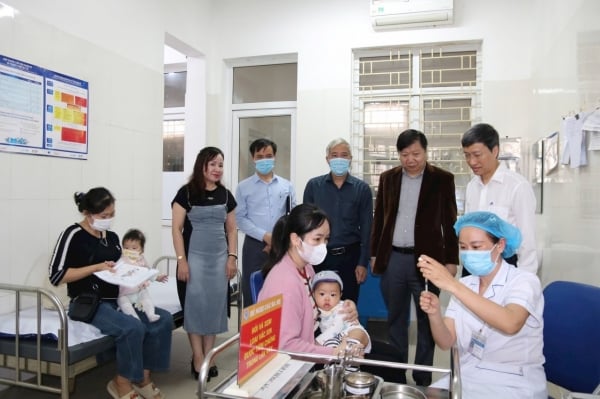



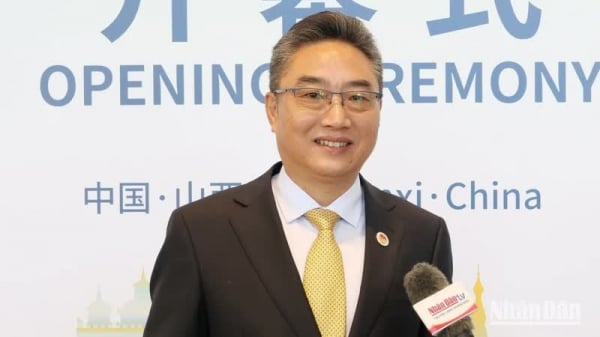
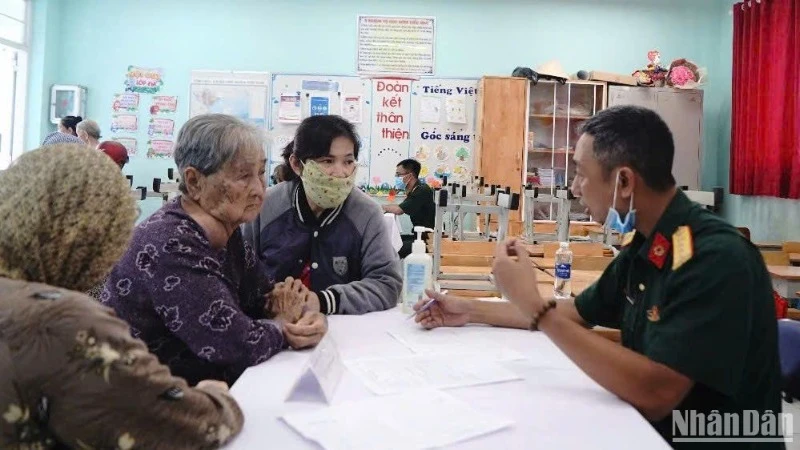













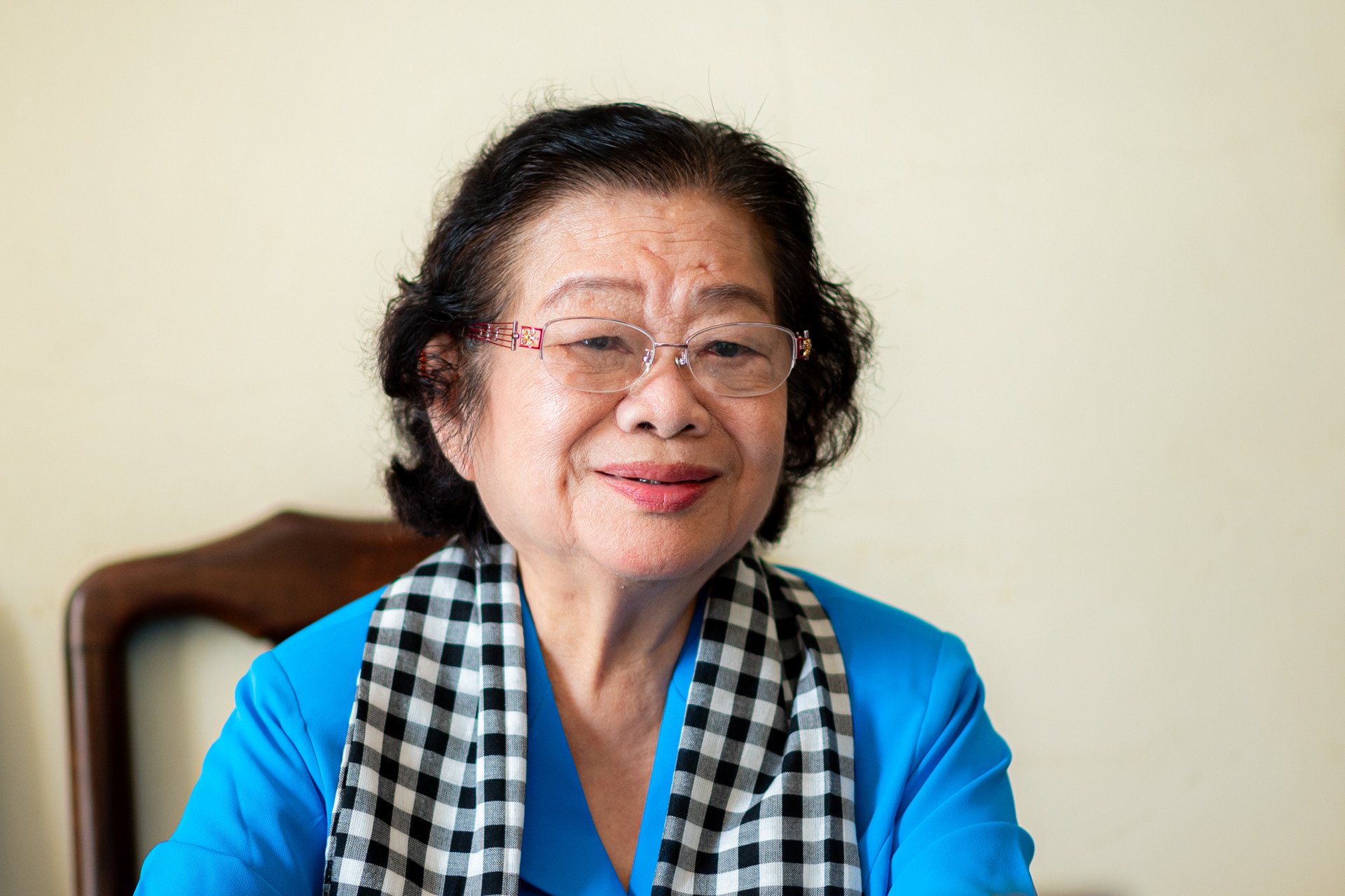

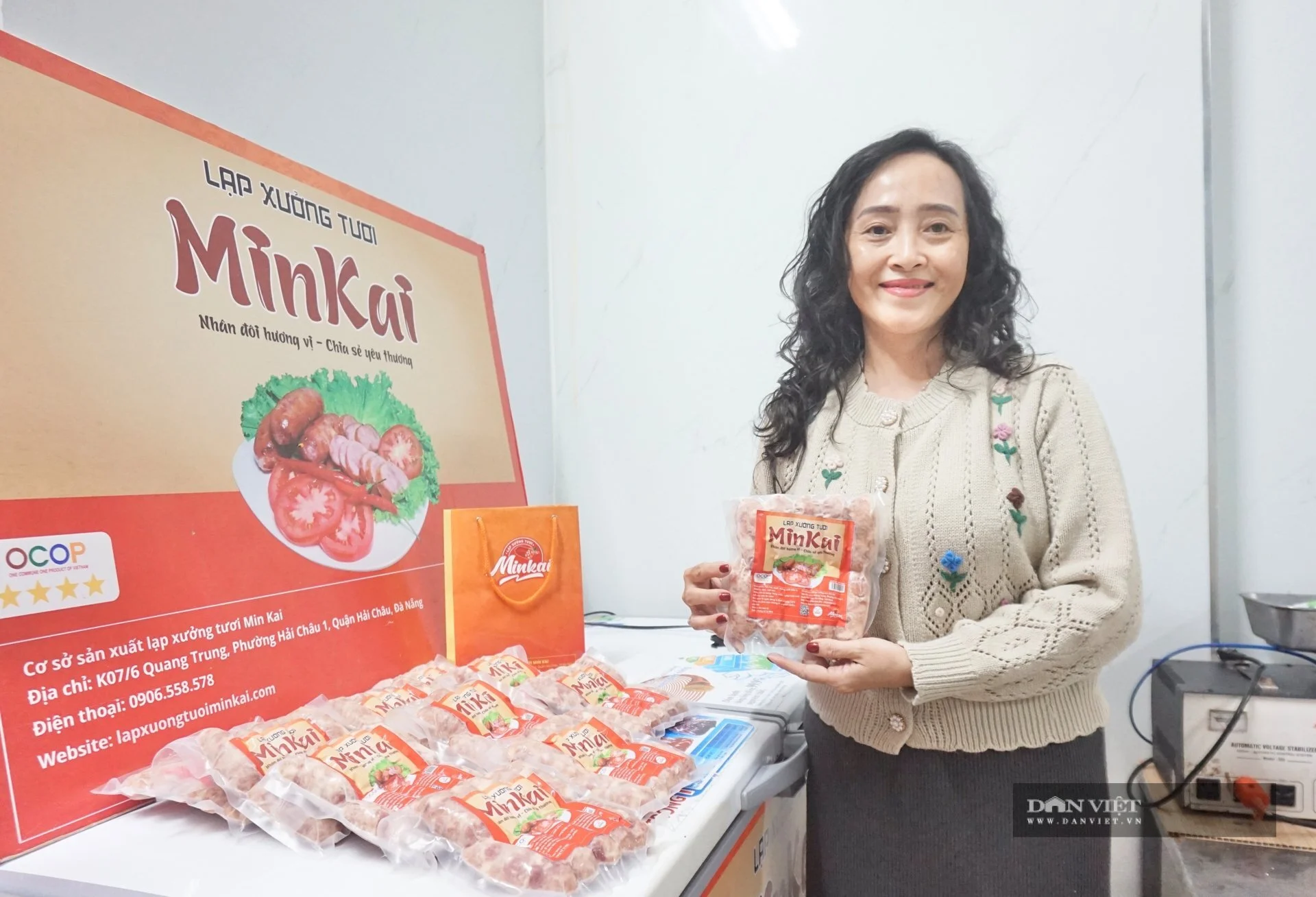




















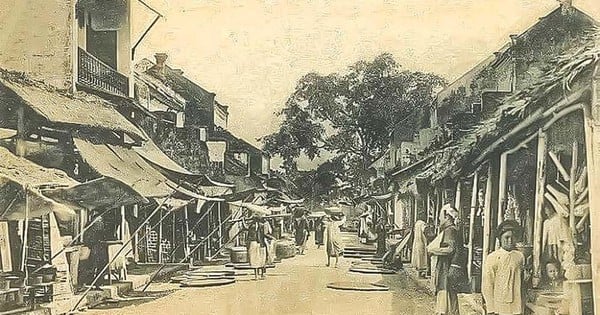



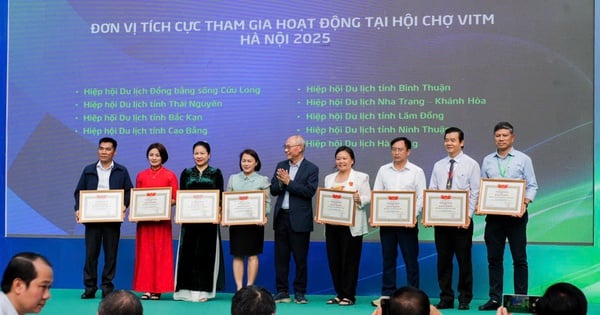







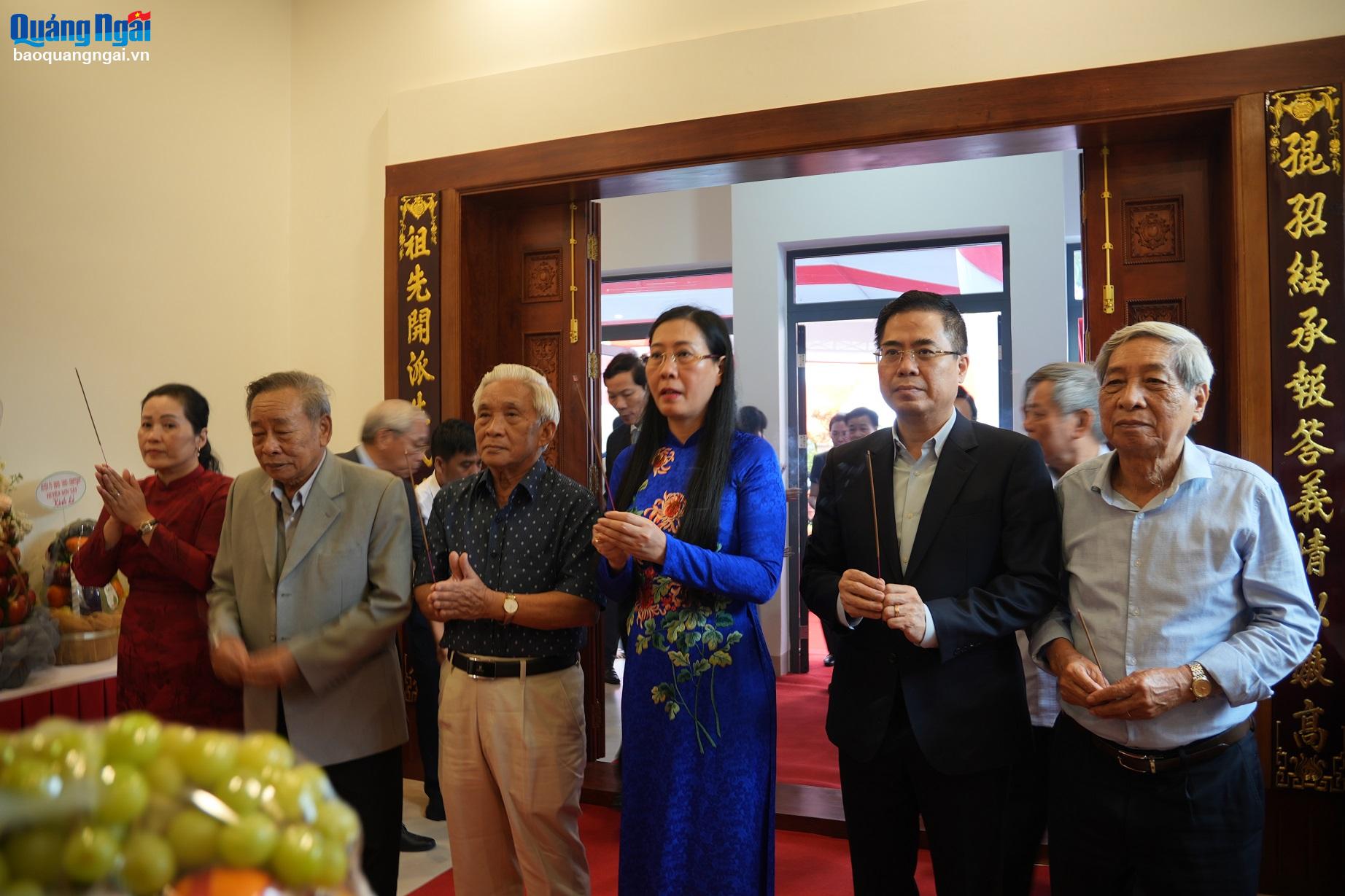
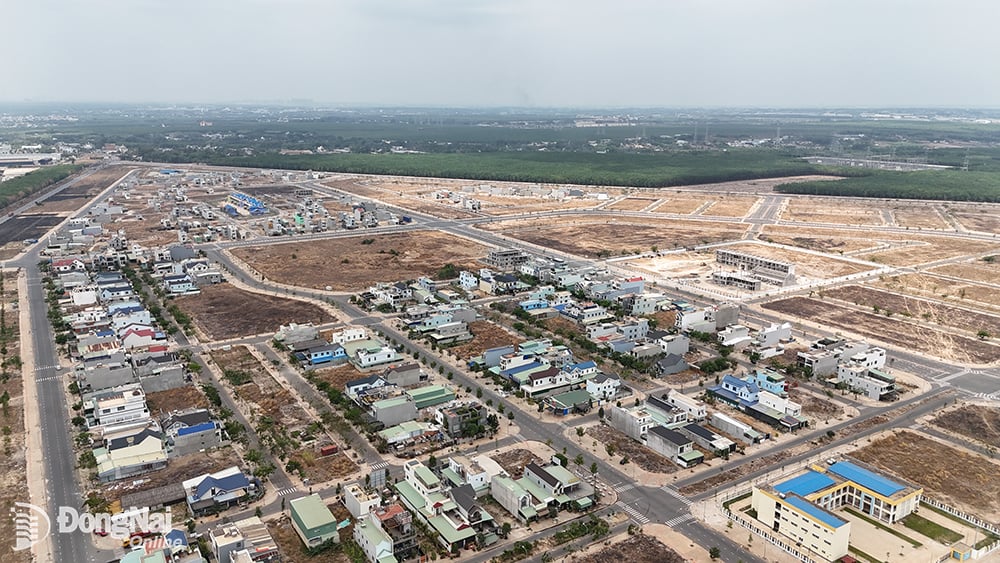

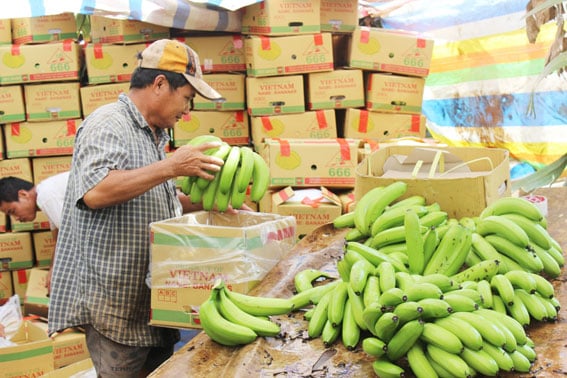











Comment (0)